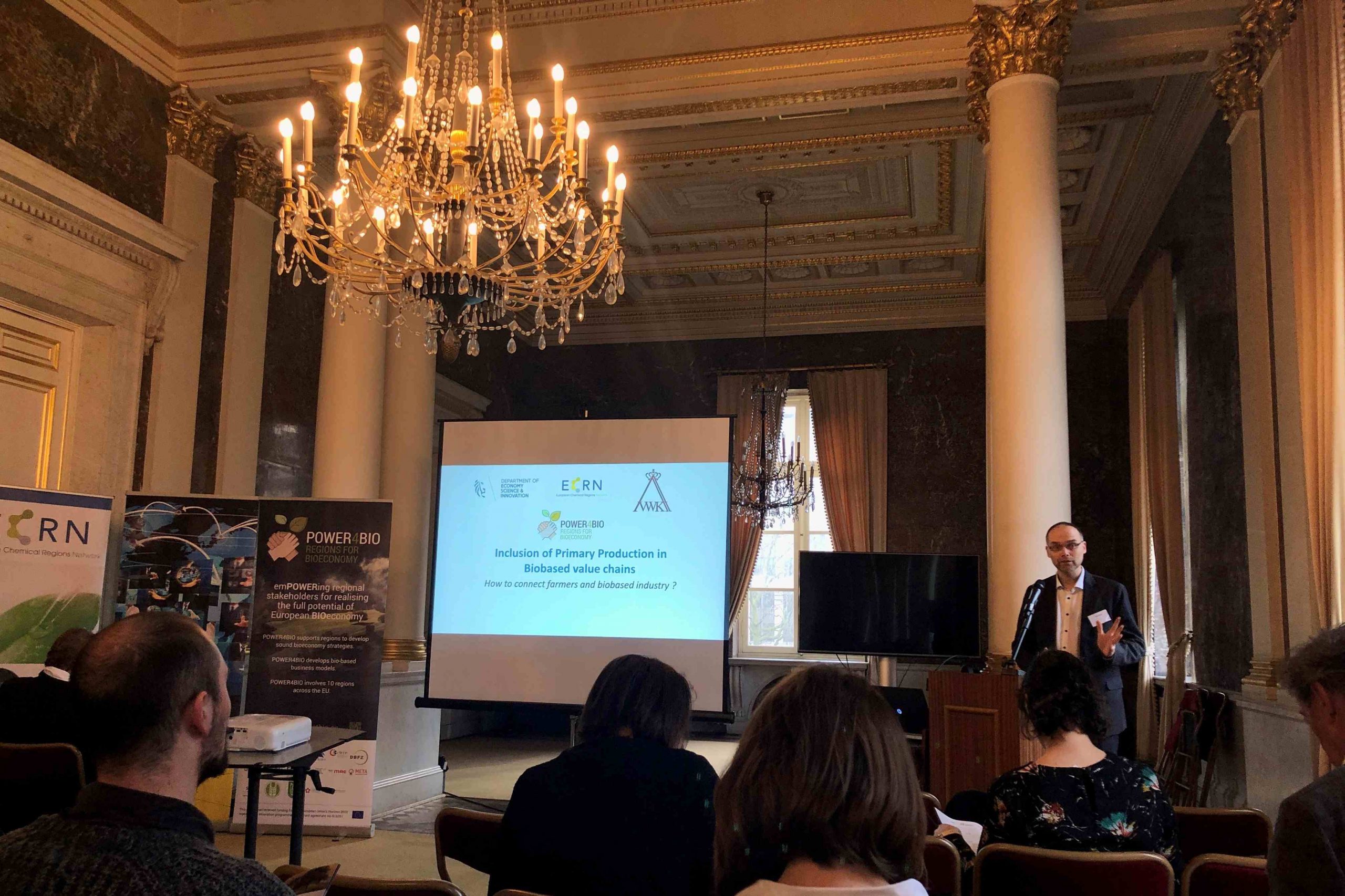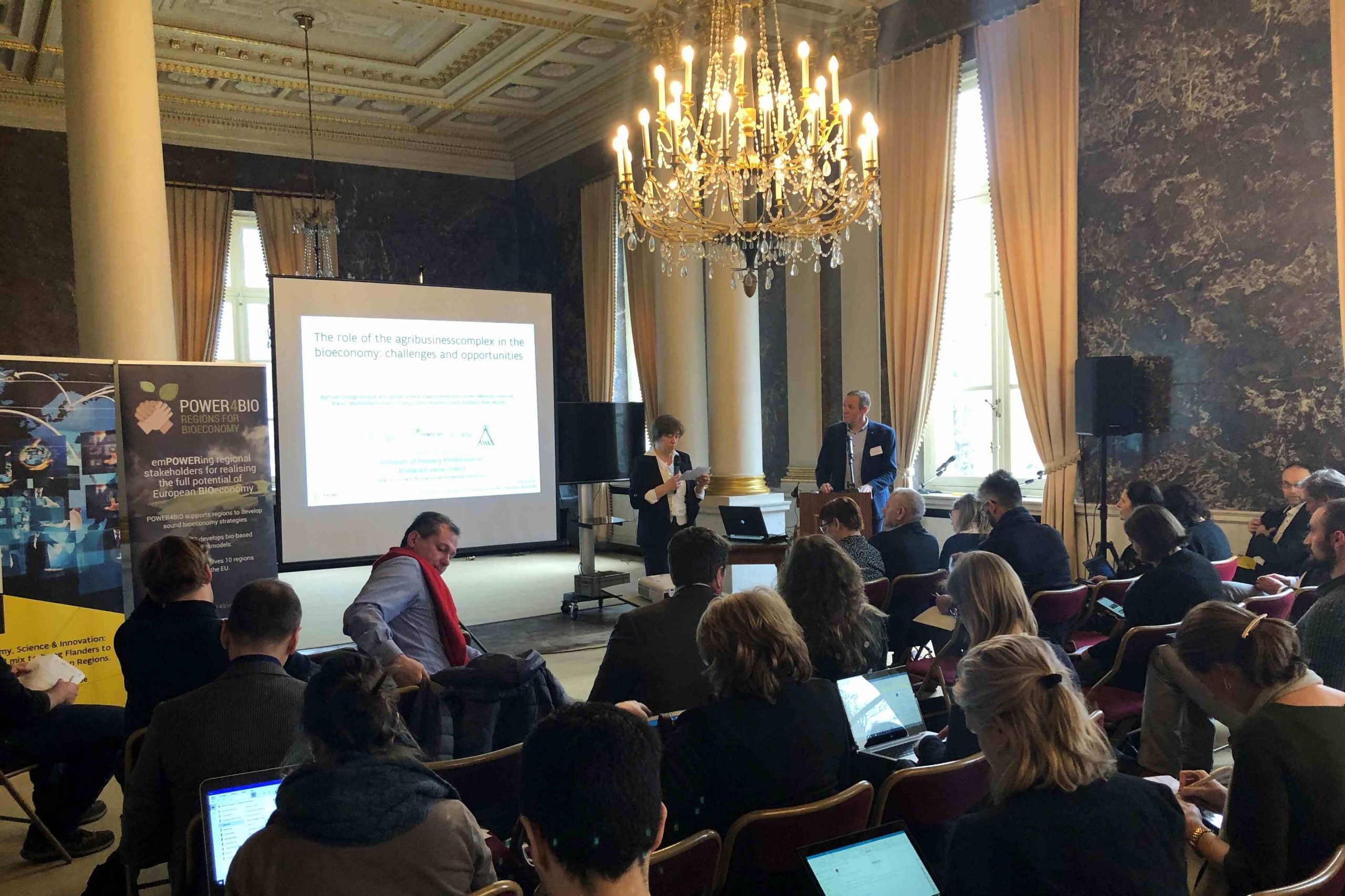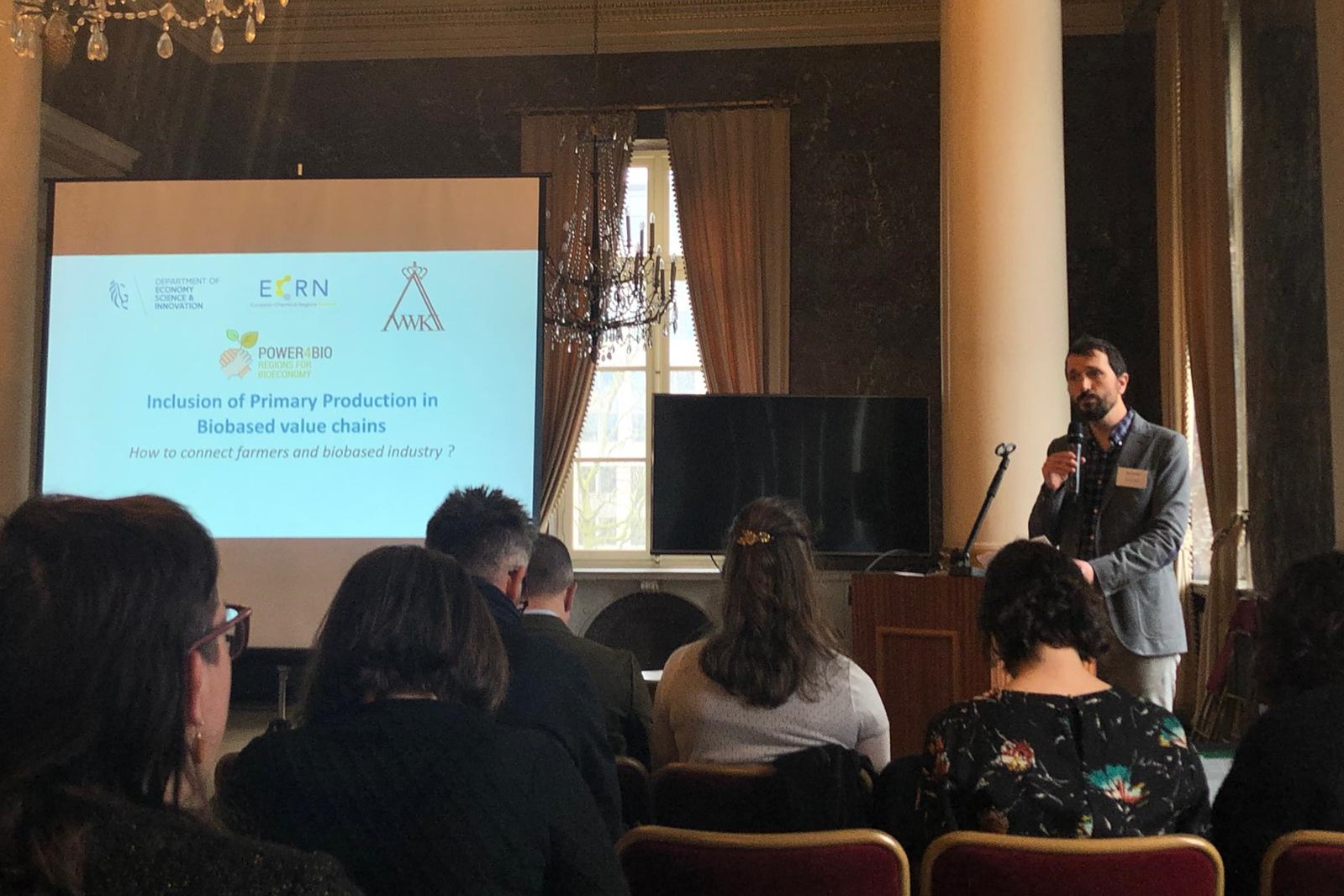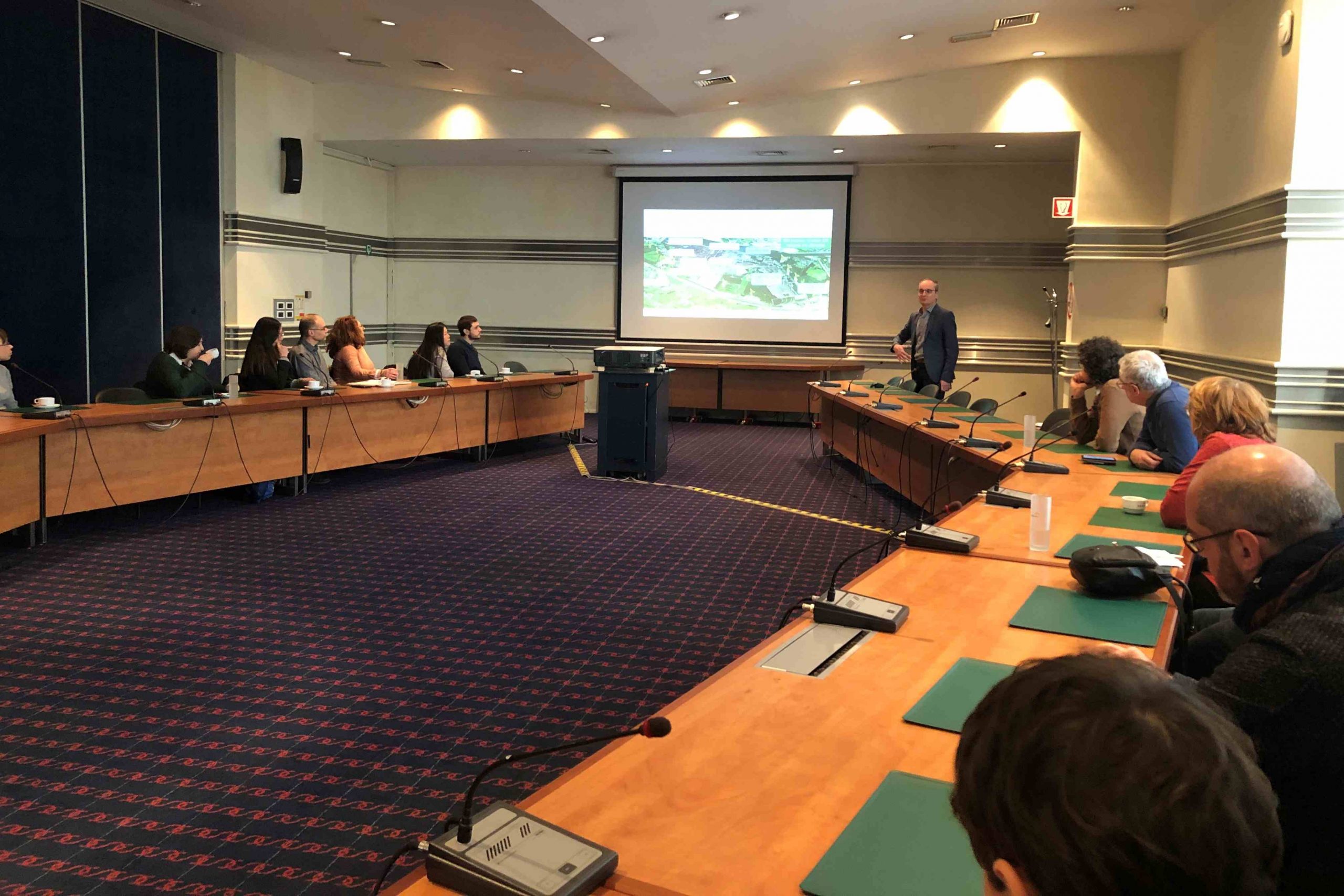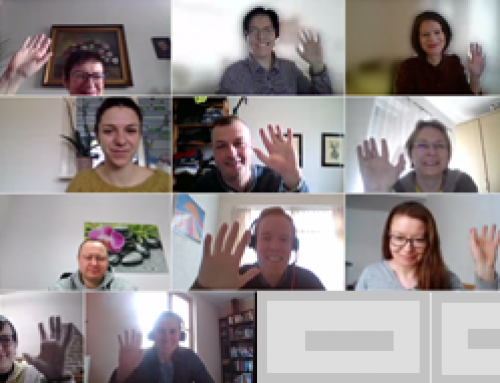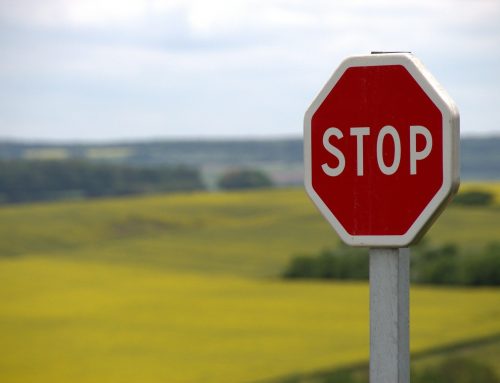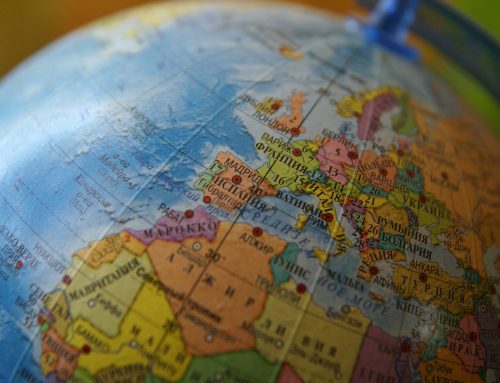POWER4BIO cross-visit to Flanders
Brussels and Ghent, 20 and 21 February 2020
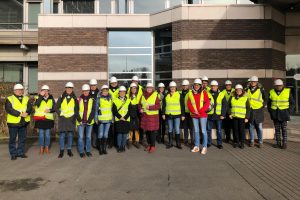
On the 20th and 21st of February, the POWER4BIO members visited Flanders. The cross-visit started on Thursday 20/02 with a full day workshop on a particularly important topic for the development of the European Bioeconomy: “How to include primary production in bio-based value chains?”
This workshop was attended by over a 100 persons, including POWER4BIO members, members of the Community of Interest, industry representatives, policy makers and researchers. Several European networks were represented, such as the SCAR-FOOD and SCAR-BSW, the European Chemical Regions Network and the topic group on the bioeconomy from the European Network on Rural Development, as well as representatives from different Directorates from the European Commission.
The workshop had a dense programme. All presentations can be found online. The morning session focussed on innovation, and specifically on technological innovations that would give rise to new roles and partnerships for farmers in future bio-based value chains. The discussions looked at bio-based chemistry, food pilot labs, or the involvement of farmers in the bio-based Industries Joint Undertaking.
After the lunch, three practical case studies were presented of innovative collaborations between farmers and new bio-based value chains. The Belgian Farmers’ Union presented the results of a projects that combined farmers with product designers. These collaborations in the “Food Heroes” project directly led to new food products and services based on food waste streams.
ProNatura presented a particularly important development of bio-based innovation in a social economy company. ProNatura is a social organisation that assists and trains persons who cannot be directly employed in the regular labour market. This assistance should allow them to gain skills and confidence and to join the regular labour market in the long run. ProNatura has a strong activity in management of public green spaces and natural reserves. They invest in the development of bio-based materials, fungi-based materials and furniture. This shows that the discussion of the bioeconomy should also look beyond traditional economic sectors, especially in urban areas.
The last session of the day focussed on policy discussions with the ENRD, academia, DG Agri, the Bio-based Industry Consortium, DG RTD, and DG Grow. The participants discussed various topics, such as the support for networking between farmers, or the inclusion of the bioeconomy strategy in the Green Deal.
The second day, 21/02, allowed the participants to visit a few of the Flemish industrial sites active in the bioeconomy. The first visit was to Arcelor Mittal, Ghent. Arcelor Mittal is one of the major steel producers in the world. The plant at Ghent is the only steel production site in Belgium, and puts Belgium as the 6th largest steel producer of Europe. The company presented its strategic paradox, where on the one hand an increasingly large amount of steel will be necessary in the future to build a sustainable world, for renewable energy production and new means of transport. On the other hand, the steel production itself should be conscious about its own climate impact, that should be decreasing. The company pursues a unique strategy that combines different technologies. They are heavily investing in a biotech solution that can capture CO-gases from the steel production and transform these into chemical base products. At the same time, they are investing in the use of wood waste as an alternative to coal. The POWER4BIO and SCAR-FOOD representatives were allowed to visit the new construction site of the Steelanol project that has to put these technologies into practice.
The second visit was to the neighbouring Biobase Europe Pilot Plant. This is the main pilot facility for the bio-based economy in Flanders, and one of the largest of its kind in Europe. North Sea port, the harbour that hosts both Arcelor Mittal and the Biobase Europe Pilot Plant, also provided a presentation to show how the developments were all connected in a strategy to turn the harbour into an integrated bioeconomy cluster.


